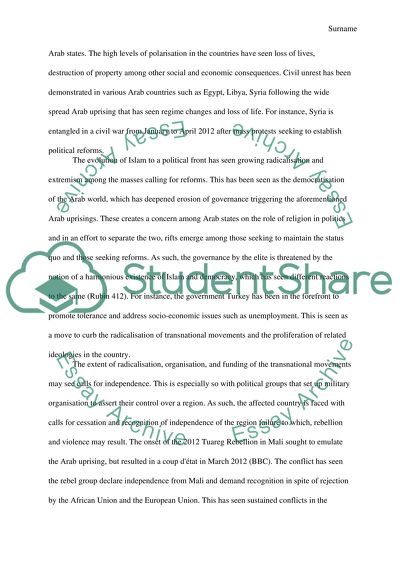Cite this document
(“Transnational Movements and Ideologies Essay Example | Topics and Well Written Essays - 1250 words”, n.d.)
Retrieved from https://studentshare.org/politics/1474498-political-science
Retrieved from https://studentshare.org/politics/1474498-political-science
(Transnational Movements and Ideologies Essay Example | Topics and Well Written Essays - 1250 Words)
https://studentshare.org/politics/1474498-political-science.
https://studentshare.org/politics/1474498-political-science.
“Transnational Movements and Ideologies Essay Example | Topics and Well Written Essays - 1250 Words”, n.d. https://studentshare.org/politics/1474498-political-science.


